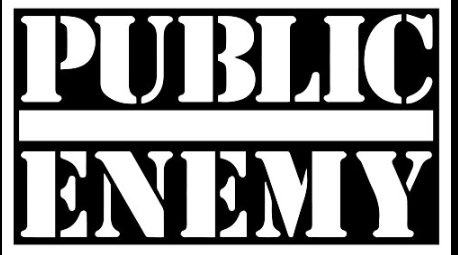A strange regulation, called the ‘Regulation on the Principles and Rules to be Applied in Retail Trade’ prepared by the Ministry of Commerce entered into force today, reported Esra Alış of ANKA News Agency.
With the amendment stipulated in the regulation; food chain stores with more than 200 branches are obliged to transfer the data about the products they sell and prices to the data base established by the Trade Ministry.
Former Ziraat Bank Deputy General Manager Prof. Dr. Şenol Babuşcu and economists Evren Devrim Zelyut and Yağız Kutay Işık evaluated the meaning of this regulation to ANKA News Agency.
“WELCOME, “CONTROLLED” MARKET ECONOMY”
Former Ziraat Bank Deputy General Manager Prof. Dr. Şenol Babuşcu shared on his Twitter account, “The discourse about supermarkets causing inflation is a sly move towards price fixing… From free market economy to guided market economy… Welcome guided market economy, welcome controlled market economy”.
Speaking to ANKA News Agency, Babuşçu said:
“A culprit for soaring inflation was wanted. Chain stores were thus labeled as inflationist criminals. There are 3 reasons for the high inflation in the last 1 year. First reason; wrong rate policy. When interest rates should have been increased, they were stubbornly lowered. Secondly; exchange rate weakness. Exchange rates have increased over 100 percent in the last year. The third reason is increasing energy costs in the world with the effect of the Russia-Ukraine war. In my opinion, chain markets do not contribute to inflation. They already have a competitive structure and should stay that way. Moving away from free market conditions in the direction of a fixed price system may push some markets to reduce quality. In fact, some consumer goods may not be available in some markets.”
“AKP IS TRYING TO SAVE THE DAY WITH FALSE NEWS OPERATIONS”
Economist Evren Devrim Zelyut said, “I think the latest regulation of the government regarding chain markets is a sign of complete incompetence,” and made the following assessments:
“The government has not been able to increase the income of the citizens so far. When consider the costs of the companies producing food stuffs, these have soared into three digits. So, the question is what will the administration do to hold the line on inflation until June, that is, until the election? It has now declared war on the chain markets in order to pretend that it is combating the high cost of living. It is just a public show. When we look at their costs, we see that the farmer who produces agri-commodities is being crushed under the 300 percent cost increases. She produces more expensively, thus supermarkets charge higher prices. The duty of the government should have been to prevent the increase in input prices, but they wasted 20 years. Admitting defeat at their objective they declared war on markets and initiated a phony war on food retailers. In other words, interventions in the market are the main problem. Since cost increases are sticky, interventions that are only for optical purposes may cause a decrease in supply in the coming periods. That has devastating consequences.”
Economist Yağız Kutay Işık, who compared the events to Hungary’s election period, said:
“There were many times when the government in Turkey interpreted the free market rules according to its own priorities. The decision taken about chain markets is actually an example of this. We saw another precedent in Hungary under Viktor Orban. Three months before the election, prices were frozen and Viktor Orban won the re-election against an opposition alliance like in Turkey. However, he had to return to free market conditions after the election. In fact, this move was nothing but deceiving the public.
We should recall that there were state economic institutions such as sugar factories and Meat, Dairy and Fish Board, which were operated by the state to prevent price speculation. Then, these were privatized. In fact, Turkey has been pushed into the jaws of the private sector, especially in terms of food sales.”
WHAT HAPPENED IN HUNGARY?
Autocratic Prime Minister Viktor Orban, by issuing a decree prior to the elections on April 3, 2022, had posted to the doors of all supermarkets and even the smallest markets for 3 months, from Tuesday, February 1 to May 1, 2022, “Dear customers! The government decided to freeze the prices of basic foodstuffs. Based on this, the prices of six basic foodstuffs are fixed to the prices of October 15, 2021 for three months”, signed by him.
Translation by PA Turkey team
Link to original source is here
Follow our English language YouTube videos @ REAL TURKEY: https://www.youtube.com/channel/UCKpFJB4GFiNkhmpVZQ_d9Rg
And content at Twitter: @AtillaEng
Facebook: Real Turkey Channel: https://www.facebook.com/realturkeychannel/
